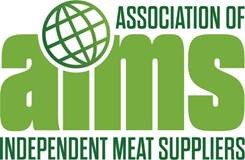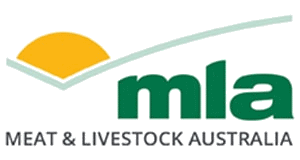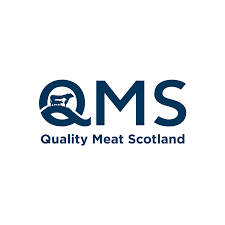Global poultry markets are poised for continued growth, with strong demand driving bullish forecasts, according to the latest quarterly report from Rabobank, which points to rising global consumption and constrained supply as key factors bolstering market optimism.
The report highlights a surge in consumer preference for poultry, particularly chicken, as a more affordable and versatile protein source. As inflation continues to strain household budgets worldwide, many are turning to chicken as an economical alternative to beef and pork.
While demand remains high, the global poultry industry is grappling with supply-side challenges. Many poultry-producing regions have been impacted by rising input costs, particularly for feed and energy. Rabobank notes that feed prices have surged due to unpredictable weather patterns affecting grain harvests and the geopolitical tensions that have disrupted supply chains. This, in turn, has pushed up production costs for poultry farmers.
Poultry’s cost-effectiveness compared to other meats has allowed the sector to remain resilient. “Even with these headwinds, poultry remains the most affordable protein option globally, which continues to underpin the bullish outlook,” said Nan-Dirk Mulder, Senior Analyst at Rabobank.
Strong Growth in Key Regions
Rabobank’s report identifies key regions where poultry markets are expected to experience the strongest growth. Asia, led by China and India, is forecasted to see substantial increases in consumption, driven by expanding middle classes and urbanisation.
Meanwhile, North American and European markets are experiencing solid demand, particularly in the retail and foodservice sectors, where chicken is increasingly featured as a primary protein.
Latin America, especially Brazil, is expected to benefit from growing export markets, as countries such as Saudi Arabia, Japan, and South Korea increase their imports to offset domestic production challenges.
Challenges Ahead
Despite the overall bullish outlook, Rabobank warns of potential risks ahead. Outbreaks of avian influenza remain a constant threat to supply chains, with several regions continuing to battle isolated cases. Moreover, the ongoing volatility in global grain markets could further elevate feed costs, squeezing profit margins for producers.
Sustainability and animal welfare concerns are also increasingly shaping consumer choices, with markets in Europe and North America placing greater emphasis on sourcing from producers that adhere to high welfare and environmental standards. “Balancing cost-efficiency with consumer expectations for sustainability will be key for poultry producers moving forward,” the report notes.
The report concludes that poultry will remain the fastest-growing protein segment globally, buoyed by strong demand, particularly in emerging markets. With continued investments in efficiency and sustainable production practices, the industry is well-positioned to navigate potential obstacles and capitalise on market growth in the coming years.


